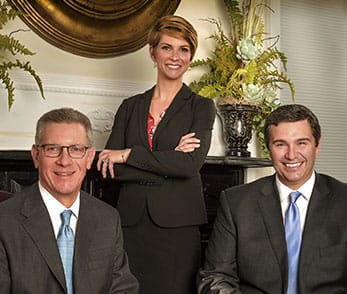Who takes care of children when their biological parents cannot? Usually, extended family members step up to care for children. And in some cases—especially cases involving substance abuse in the family—that person might become the full-time caregiver of that child.
There is a legal term for such a person. A de facto custodian may not be a child’s biological parent, but they do act as a parent in every other sense of the word.
A closer look at de facto custodianship
A de facto custodian is also commonly called a de facto parent. That is because these individuals serve as the primary caregiver in the child’s life and complete the duties usually assigned to the biological parents.
There are a few factors that qualify someone as a de facto custodian, such as:
- They have served as the primary caregiver for a significant period
- Six months for children under 3
- One year for children older than 3
- They are the sole provider of financial support
- They provide the child with shelter and security
- They have an established bond and relationship with the child
A de facto custodian is usually a family member, such as a grandparent, but they do not necessarily need to be a family relation.
It is not the same as custody
While a de facto custodian sounds similar to a legal guardian, they are not the same. De facto custodianship does not automatically give someone custodial rights over the child.
However, Kentucky law does give de facto custodians the same legal standing as a biological parent. This allows a de facto custodian to attend and participate in custody proceedings and apply for legal custody.
A new case could impact de facto custodians’ rights
In the past, only one person could be a de facto custodian, unless they were married. Then the married couple together could act as the de facto custodians of a child.
However, the Kentucky Supreme Court will hear a new case that challenges this. The Courier-Journal reports that it is increasingly common for couples of all ages to live together, but not marry. This new story involves the complex case of a grandfather and his long-time girlfriend vying for shared de facto custodianship for the granddaughter they have cared for most of her life.
The grandfather is the current de facto custodian. He wishes to extend that custodianship to his significant other if anything should happen to him since the biological mother has a history of substance abuse. The main issue revolves around the idea that two caregivers who share responsibilities can better meet a child’s needs.
Most likely, the child’s best interest will play a significant role in this case. But this case, regardless of the outcome, could have a significant impact on the future of caregivers and de facto custodians.


